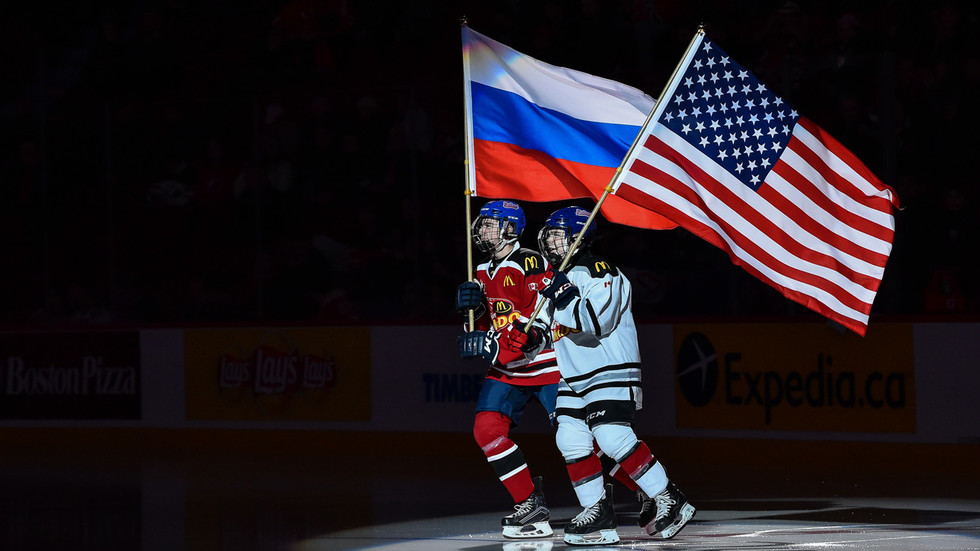Puck this: Could a Cold War relic help revitalize US-Russia relations?

Can Hockey Thaw the Ice Between Superpowers? A Look at Sports Diplomacy
Ping-Pong Diplomacy: When Paddles Bridged a Chasm
Imagine a world where the US and China, locked in ideological opposition, had zero communication. Then, picture a seemingly insignificant moment on a bus in 1971, during the World Table Tennis Championships. American player Glenn Cowan accidentally boards the Chinese team bus, a transgression in the highly charged political climate. But instead of hostility, he's met with a gift – an embroidered silk picture – from Chinese player Zhuang Zedong. This simple act, captured by the world's media, sparked a chain reaction that led to unprecedented exchanges between the two nations' table tennis teams.
Just a year later, President Nixon made a historic visit to China, meeting with Mao Zedong. This diplomatic breakthrough, known as "ping-pong diplomacy," proved that sport could transcend even the deepest divides.
Hockey's Cold War Face-off: The 1972 Summit Series
While ping-pong was making history, another sporting drama unfolded on the ice. The 1972 Summit Series pitted the seemingly invincible Canadian NHL stars against the Soviet national team. The Canadians, accustomed to dominating international hockey, initially underestimated their Soviet rivals. But the Soviets, led by legends like Kharlamov, Yakushev, and Tretiak, were determined to prove their mettle.
The series became a proxy battle of the Cold War, a clash of ideologies played out on the rink. The Soviets' surprising Game 1 victory shocked Canada, setting the stage for a fiercely contested battle. The series culminated in a dramatic finale, with Paul Henderson's last-minute goal securing victory for Canada.
More important than the final score, however, was the mutual respect that emerged. Canadians recognized the Soviets' exceptional skill, while Soviet fans found themselves cheering for individual Canadian players. The series demonstrated that athletes could be rivals without being enemies.
A New Era of Hockey Diplomacy?
Today's NHL is a global league, with Russian stars like Alexander Ovechkin achieving iconic status in North America. Ovechkin's close relationship with Putin adds another layer of complexity. Yet, his presence in the NHL, his pursuit of Gretzky's record, and his familiarity with American fans highlight how interconnected the hockey world has become. Unlike the era of the Summit Series, NHL and KHL players now share locker rooms and friendships, making the prospect of a friendly series less novel.
However, with renewed political tension between Russia and the US, could a hockey series offer a platform for dialogue? Could it remind us of shared passions and human connections that transcend political differences?
The feasibility of Putin and Trump's proposed series remains uncertain. But the historical precedents of ping-pong and the 1972 Summit Series suggest that sport, even in the face of geopolitical frost, can build bridges and foster unexpected connections.